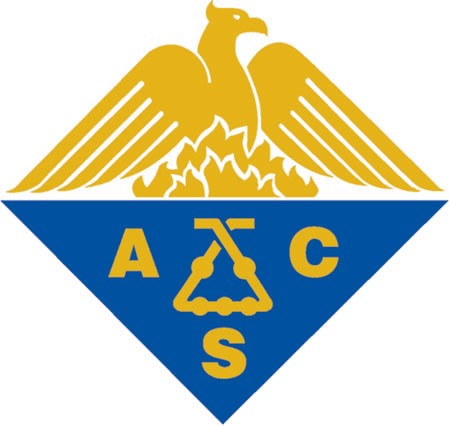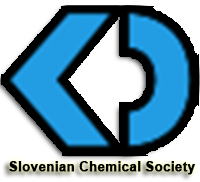| 2017 - Sustainable Industrial Processing Summit & Exhibition | ||
|---|---|---|

|
 |

|
| 22-26 October 2017, Fiesta Americana Condesa Cancun All Inclusive Resort, Cancun, Mexico | ||
|
|
|||||||||||||||||||||||||||
FLOGEN STAR OUTREACH is a not-for-profit, non-political and all-inclusive science organization that takes no sides in political, scientific or technological debates. We equally welcome, without reservations, all spectrum of ideas, theories, technologies and related debates. Statements and opinions expressed are those of individuals and/or groups only and do not necessary reflect the opinions of FLOGEN, its sponsors or supporters.

SIPS is the flagship event of FLOGEN STAR OUTREACH, a not-for-profit, non-political and all-inclusive science organization. SIPS as well as FLOGEN STARS OUTREACH takes no sides in political, scientific or technological debates. We equally welcome, without reservations, all spectrum of ideas, theories, technologies and related debates. Statements and opinions expressed are those of individuals and/or groups only and do not necessary reflect the opinions of FLOGEN, its sponsors or supporters. © FLOGEN Star OUTREACH | Home | Contact Us | Privacy Policy | Cancellations/Refund Policy © Copyright of FLOGEN Stars Outreach Organization: The content of this page including all text and photos are copyright of FLOGEN Stars Outreach and none can be used in their original or in any modified or combined form in any publication, web site or in any other medium whatsoever without prior written permission of FLOGEN Stars Outreach. |













